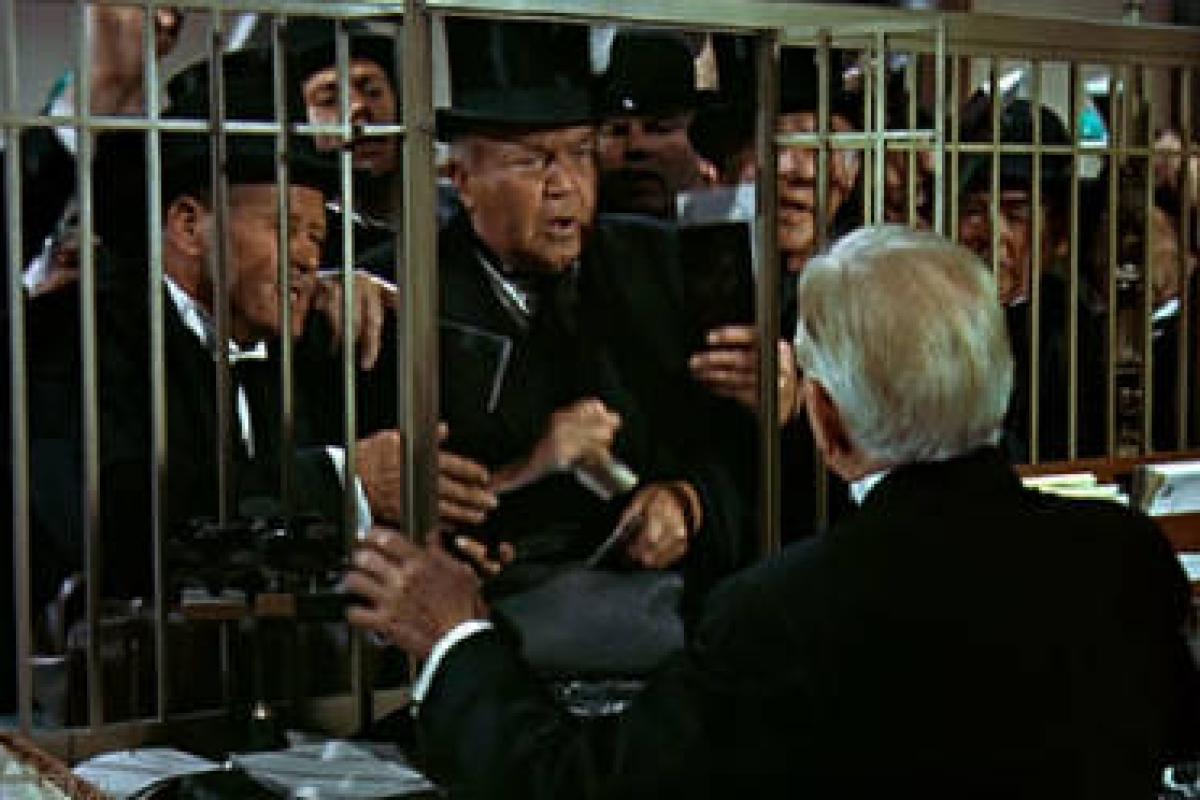How much do you trust your bank?
After subprime, Libor, intentionally mis-selling products, "dark pool" activities – all in the past ten years – this may seem like a silly question. Answers probably range from "not much" and "not at all" to "are you having a laugh?".
This is despite the banking sector being hard at work over the past decade to repair the damage done.
Part of this has included refreshing their visual identities (TSB relaunched theirs in 2013) and advertising in an attempt to appear more open, empathetic and considerate. Many play up shared benefit with customers, putting them first, and doing right by them.
You might have hoped this represented real change in thought and deed inside the banks as well.
Sadly, the current TSB IT meltdown suggests otherwise.
It appears that red flags were raised during its IT migration but the decision was made to prioritise the bank's own reputation, rather than inform customers of the extent of the problem.
This perceived lack of honesty and transparency from the CEO on down has led the Financial Conduct Authority to publicise its investigation – a rare decision in an active case. This is striking, and points to the potential damage that one player can do to trust of the industry as a whole.
Some people point to the closing of brick and mortar branches as fuelling the lack of trust in banks – that removing face to face interactions has made banks seem less human, less personal and less authentic, but looking at disruptors such as Monzo, whose proposition is purely digital, this seems misguided.

The difference with a business such as Monzo is that it is clear about what it does, how it does it, and why – core tenets of a strong, authentic brand strategy.
People are savvier than ever and will interrogate the stated intentions of any business (and fill in the vacuum themselves if motivations are not made clear). When Monzo makes a mistake, it also makes an apology (as it did in February 2017) and crucially, its customers believe it.
Reversing the public's mistrust of financial institutions starts, coincidentally, with honesty. Banks would be advised to ask themselves what the principles they hold ourselves to are – that govern their decision making and how they recognise success – and how well are they lived across their business.
And if they're not aligned with their customer promise, change them, invest in them, support them and reward them.
Then, when they tell us they've changed, we might believe them. Maybe.
By Tom Adams, Senior Consultant, Dragon Rouge London.



